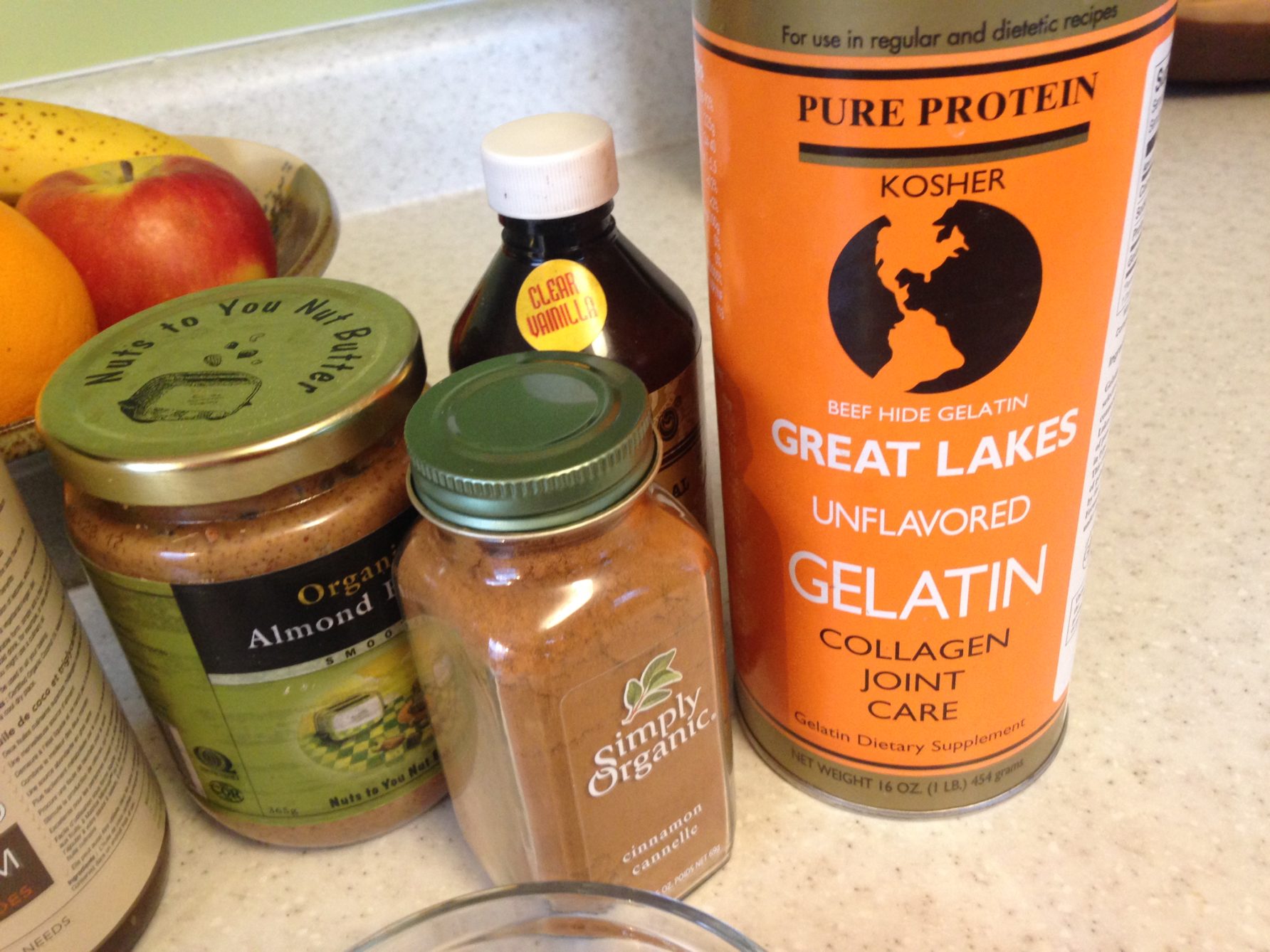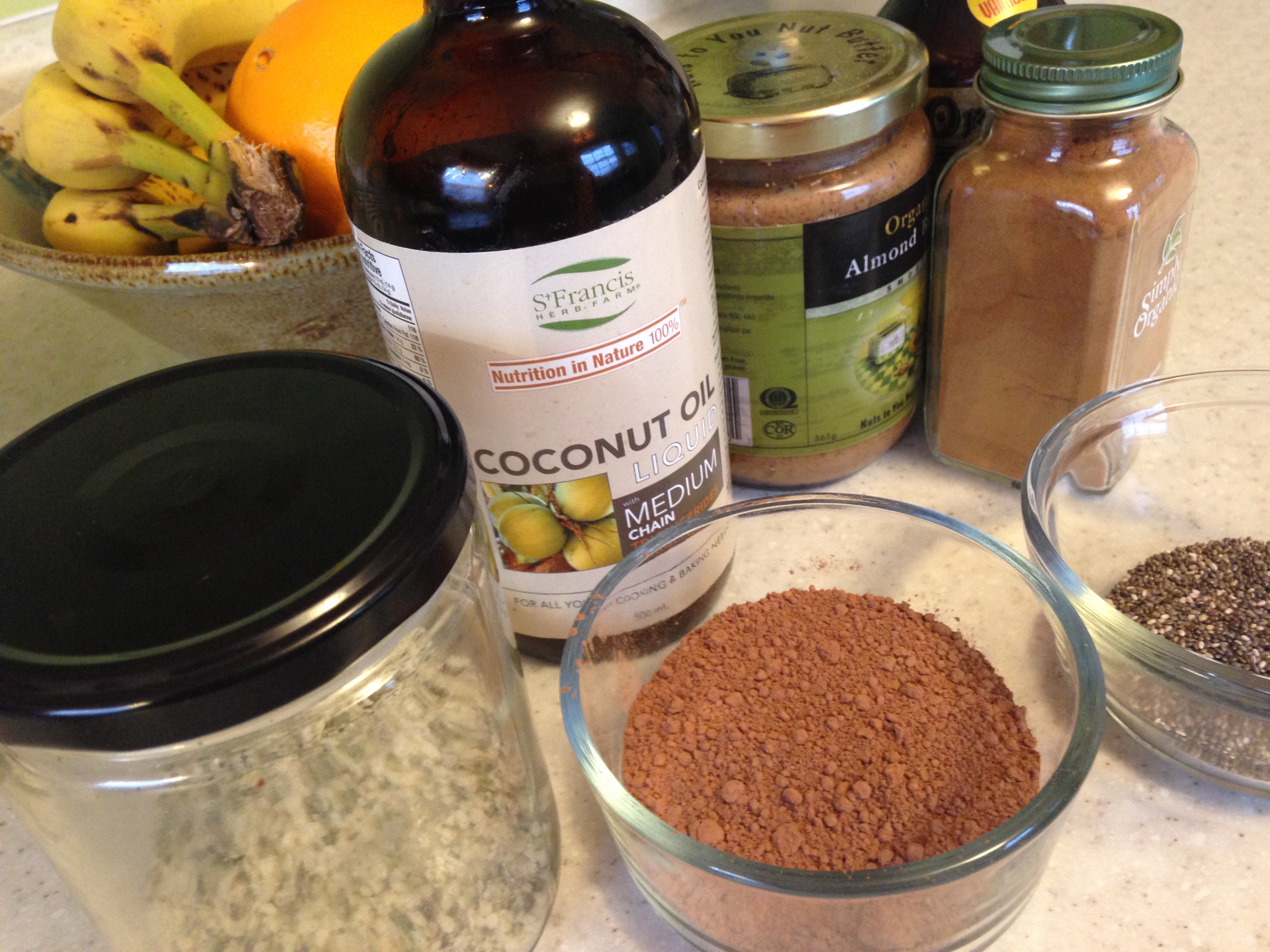Did your mom ever tell you your least favourite food was “brain food” in hopes you’d eat it in your school lunch?
Tuna salad, boiled eggs, oatmeal…Pate??… Liver??
(Your mom was right).
Mind Over Grey Matter
In fact, many foods offer a rich complement of brain-specific nutrients. The more brain research comes to light, the more we understand that maintaining a healthy brain indeed begins with your lifestyle: the nutrients you take in vs. the toxins you release, the way you move, the way you think.
Starting with food is one of the most gratifying and self-empowered, so let’s dig into some brain food together.
Make Any Food Brain Food
The way to let your day to day meals qualify as “brain food” starts with exactly how we teach you to eat:
- 3 square meals per day
- Add 1-2 snacks (only if you’re hungry)
- Protein, fat and carb at each meal/snack
- Breakfast within 30-60 minutes of waking – always containing protein
- 2 Litres of water or herbal tea before 2pm (drink between meals)
- Skip the junk that inflames your brain: sugar, white flour, food colourings, alcohol
Food For Thought
Certain foods and supplements specifically support your brain, mood and mind. Some of my favourites are:
- Coconut Oil MCT’s (medium chain triglycerides): found in full-fat coconut milk, coconut oil, and in pourable liquid form as “MCT’s”, these special saturated fats are metabolized readily into brain fuel. Try adding coconut milk to a smoothie or melt a few tsp of coconut oil into your oatmeal or morning tea.
- Omega 3 oils: rich in fish, omega 3’s help build a healthy brain and reduce inflammation. Omega 3 fish oils have been shown to reduce anxiety and depression, and are an absolute essential for kids’ developing brains. Supplements give you the additional advantage of having contaminants removed (toxins like PCB’s, dioxins, mercury are found in high concentrations in some fish). Choose a high-quality fish oil rich in EPA and DHA.
- Phosphatidylserine (PS): a natural medicine derived from soy, PS supports healthy brain cell structure and function, reverses the effects of stress reverses aging processes in the brain. It’s been shown to increase memory, improve mood and prevent winter blues in healthy elderly people.
- Coenzyme Q10 (CoQ10 or PQQ-10): an antioxidant naturally found in the body, coQ10 is essential to energizing our cells including our neurons. It can get depleted by stress. The Journal of Advanced Nursing (2017) reported the usefulness of coenzyme Q10 as a concussion treatment. That’s because coenzyme Q10 can enter the brain through the bloodstream and naturally reduce inflammation caused by brain injury. (Coenzyme Q10 is also great for your heart and boosts male and female fertility).
- Cacao: raw cacao powder is rich in antioxidants and minerals and has a teensy bit of caffeine which all together increases brain activity. It’s also rich in iron, which is essential to delivering oxygen to your high-powered brain. Try raw cacao or non-alkali processed cocoa powder in place of regular cocoa in your recipes, or top oatmeal or a smoothie with raw cacao nibs. Mixed into a smoothie with a high-powered blender, cacao nibs add smoothness and richness.
- Cinnamon: this delicious spice not only makes everything smell like Christmas, but boosts your brain health, too! Cinnamon helps regulate healthy blood sugar levels to keep energy sources available to for thinking and concentrating. Plus, experimental models have shown cinnamon reduces inflammation in experimental models of brain injury. Add to your smoothies, brew into your coffee or sprinkle generously on morning cereal.
- Gelatin or collagen: you’ve probably heard me recommend bone broth and/or gelatin and or collagen in your foods, right? Well in addition to healing your digestive tract you’re healing your brain. These protein-rich, dissolvable superfoods provide building blocks a healthy “gut-brain connection” – a healthy gut leads to a healthy mind. In fact, there are more receptor sites for the neurotransmitter serotonin in the gut than there are in the brain.


